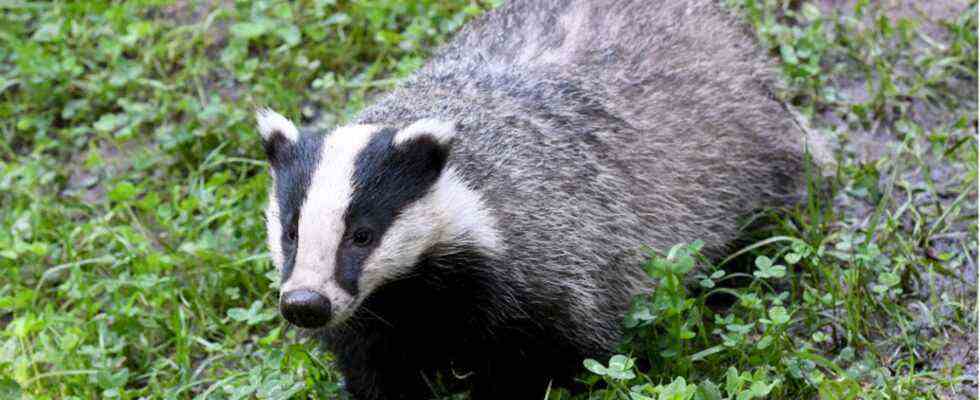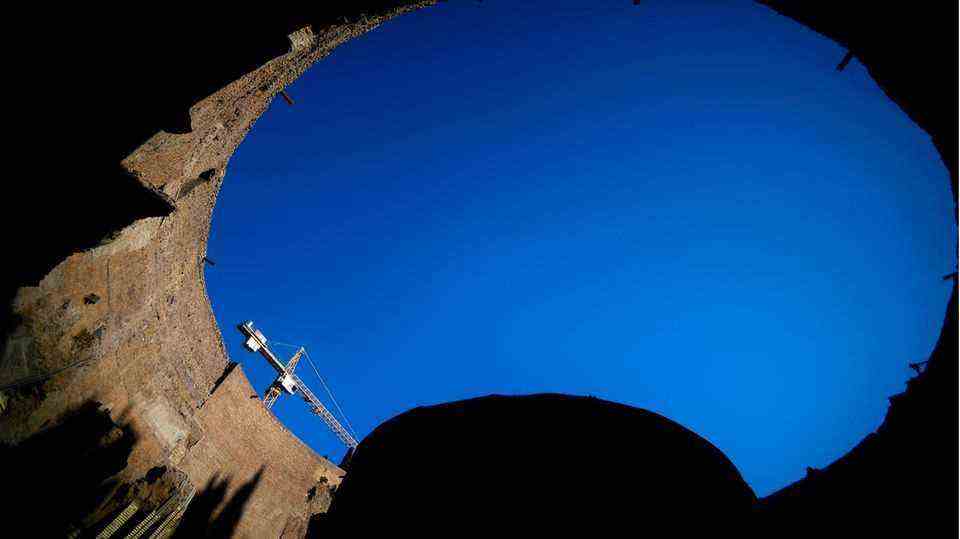archeology
Animal treasure hunter: Badger in Spain apparently finds coins from the Roman Empire
Such a badger could have helped to discover the ancient Roman coins (archive image)
© Carsten Rehder / DPA
In Asturias, Spain, the discovery of hundreds of ancient Roman coins caused a stir. The explorer has little to do with archeology: it was evidently a badger that built its burrow right next to the treasure.
Researchers in Spain have discovered a real treasure: in the Principality of Asturias in the north-west of the country, they came across 209 coins from the time of the Roman Empire. They apparently got help from a badger who made the find possible in the first place. As “The Guardian” reports, the researchers assume that the animal was in desperate foraging after heavy snowfalls in the region a few months ago. So he probably inspected the cracks of a small cave in the hope of finding berries or worms there.
But it appears that instead of a feast, the badger “only” came across a pile of worn-out coins, presumably forged in distant places like Constantinople and Thessaloniki, archaeologist Alfonso Fanjul Peraza told El País newspaper.
Most of the coins uncovered by the badger were made of copper and bronze and were believed to have been made between the third and fifth centuries. In addition, a larger piece with a weight of about eight grams and a silver content of four percent was found. The scientists assume that this coin was made in London.
The find is the largest treasure of Roman coins ever found in caves in northern Spain, according to a recently published report.
Archeology: Finds from the Roman Empire pile up in Asturias
It is not the first time that researchers have found valuable items from Roman times in the area. As early as 85 years ago, archaeologists found 14 gold coins from the Constantinian era. The reason for the accumulation of the finds could possibly be traced back to the tensions in the former border area.
The Romans conquered the Iberian Peninsula in 218 BC and ruled there until it was ousted by the Visigoths in the early fifth century. Researchers speculate that the most recent coin find may have been part of larger booty hidden there during politically and socially unstable times.
Sources: The Guardian, El País


